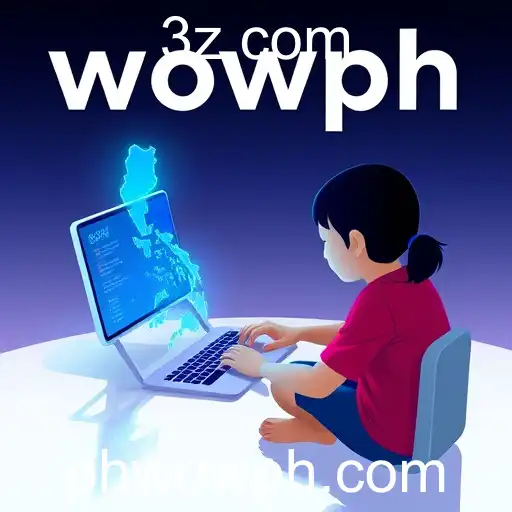
AI Surge Revolutionizes Philippine Education

The rise of artificial intelligence (AI) is making significant waves across various sectors globally, and the Philippines is no exception. Education, a vital pillar of the nation's development, is undergoing a transformation thanks to AI-driven technologies. With the keyword 'wowph' symbolizing the rapid and impressive progress in the country, it's clear that the integration of AI in education is not just a trend but a crucial movement towards the future.
In a country where accessibility to quality education has been a persistent challenge, AI offers innovative solutions that could bridge significant gaps. AI tools are being employed to customize learning experiences, providing students with adaptive learning paths that cater to individual strengths and weaknesses. This not only enhances the quality of education but also ensures that learning is inclusive and tailored to the needs of all students.
Moreover, AI-driven platforms have enabled the development of virtual classrooms that transcend geographical barriers. This is particularly impactful in a nation composed of thousands of islands, where educational resources can be scarce in remote areas. Virtual learning environments ensure that students have access to quality education regardless of their location, effectively democratizing learning opportunities.
Teachers in the Philippines are also harnessing AI to improve their pedagogical methods. AI analytics help educators understand student performance in real-time, allowing for more data-driven decision-making in the classroom. This leads to more effective teaching strategies and the early identification of students who may require additional support.
Furthermore, with AI handling administrative tasks, educators can focus more on personal interactions and mentoring, which are irreplaceable components of educational systems. The potential for AI to alleviate administrative burdens also means schools can operate more efficiently, allocating resources to areas that most directly impact student learning experiences.
However, the adoption of AI in the Philippine educational landscape is not without its challenges. Infrastructure development, the cost of technology, and digital literacy are areas that require attention to maximize the benefits AI can bring. Addressing these challenges is crucial for ensuring that AI contributes positively rather than exacerbates existing inequalities.
In conclusion, the embrace of AI technology in Philippine education presents a promising pathway towards improving learning outcomes and accessibility. As 'wowph' reflects the extraordinary advancements being made, continued collaboration between government, educators, and technology developers will be essential. Together, they can harness AI’s potential to transform education, ultimately contributing to the nation's growth and development in the 21st century.
The Rise of Web Gaming Communities

Exploring the dynamic evolution of online gaming platforms in 2025.
2025-12-09
The Expanding Universe of Online Gaming: A Deep Dive into Trends and Innovations

Explores the latest trends in online gaming, with a focus on wowph and innovations shaping the industry by 2025.
2025-11-27
The Surge of AI in Global Education

Exploring the transformative role of artificial intelligence in global education platforms and its implications on future learning environments amidst advancing technological trends.
2025-10-12
Rise of Interactive Gaming Platforms

Exploring the evolution and influence of gaming websites amidst technological advancements and community engagement in 2025.
2025-12-06






